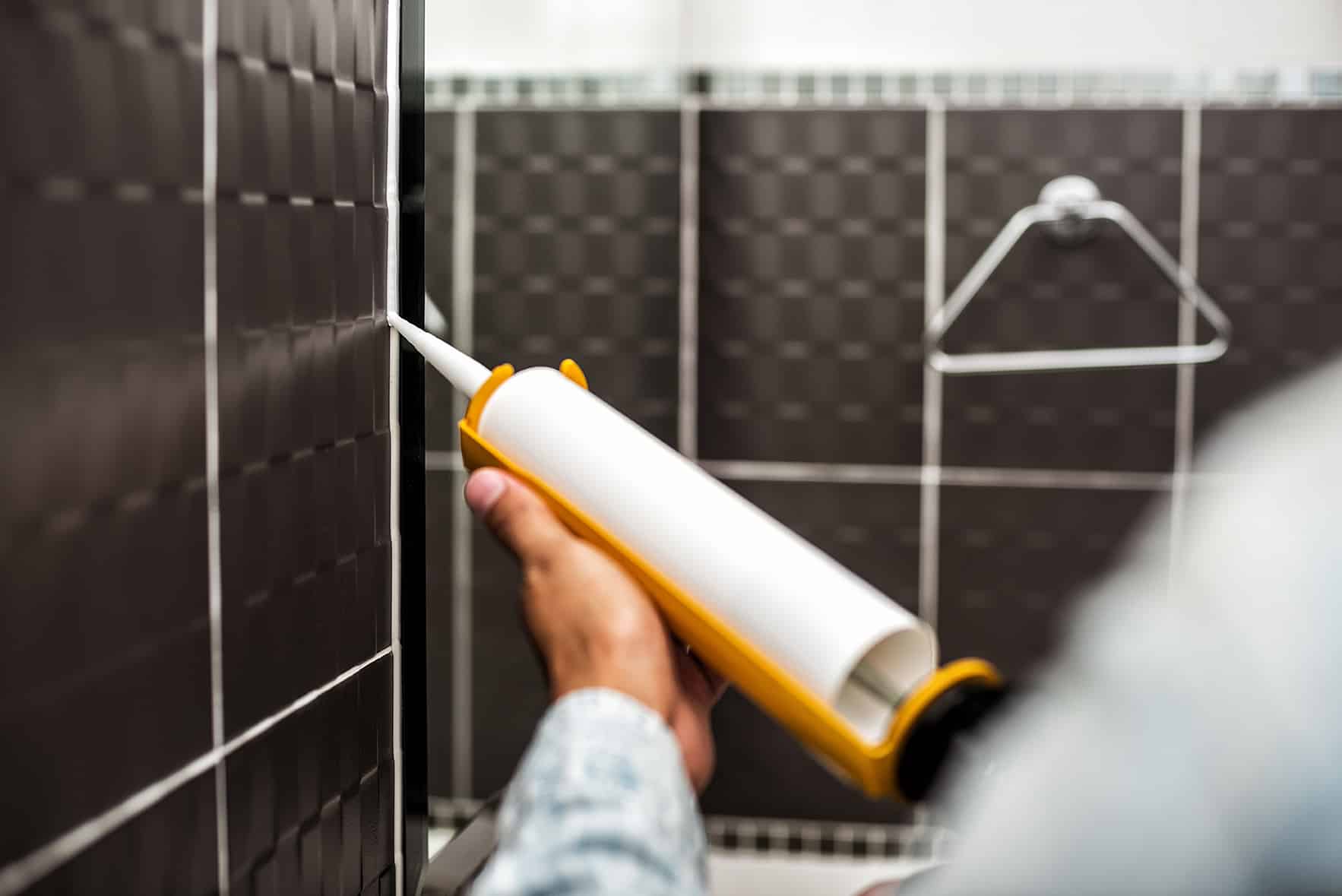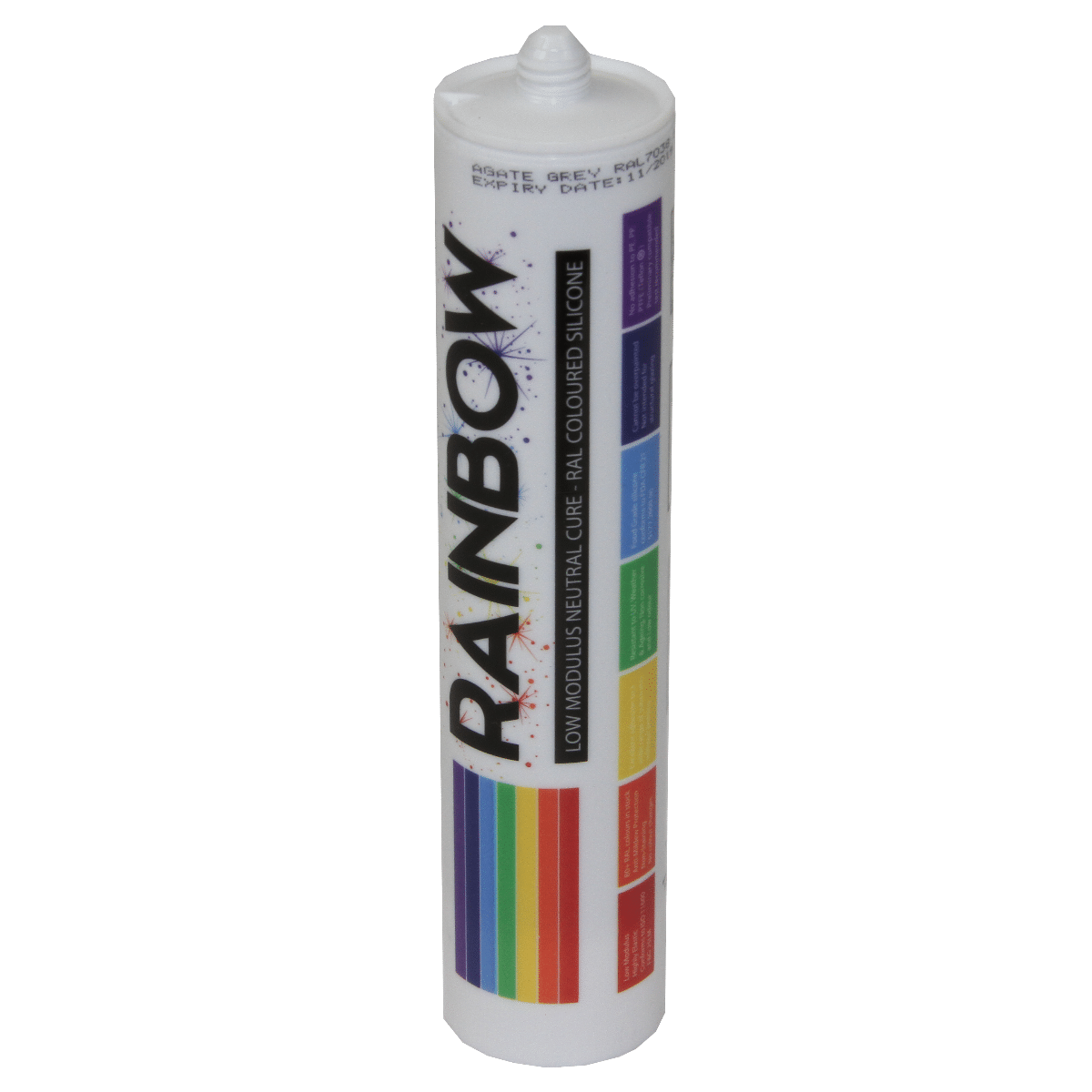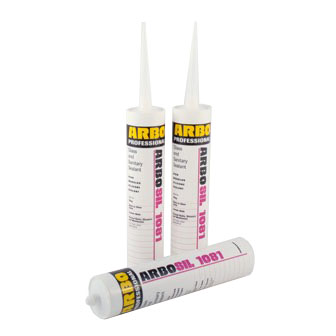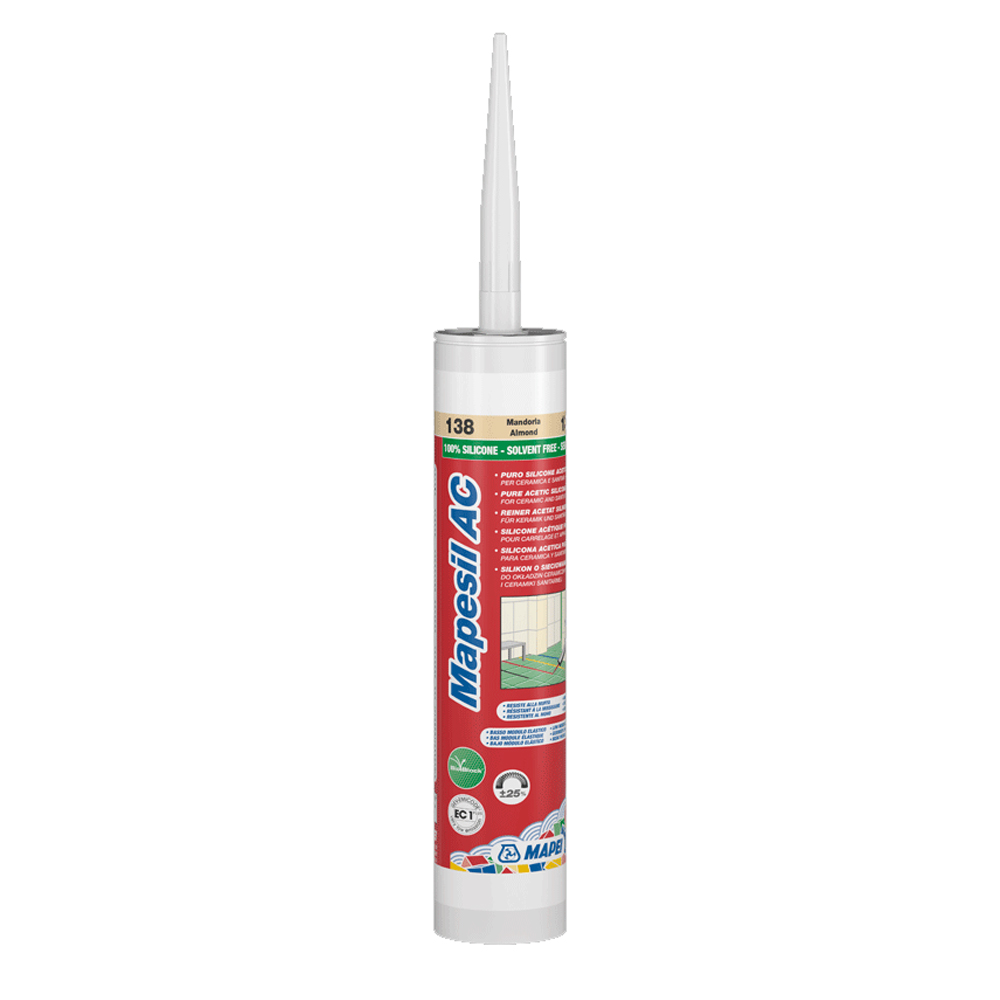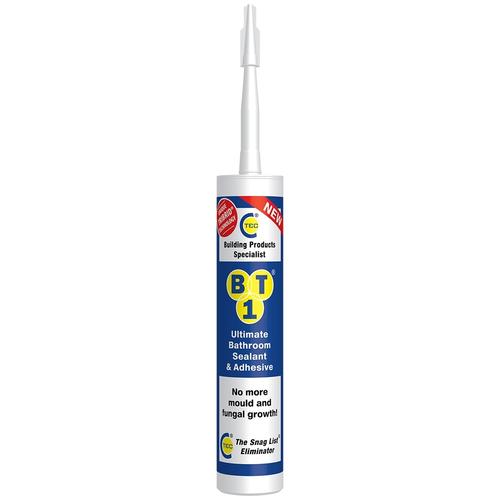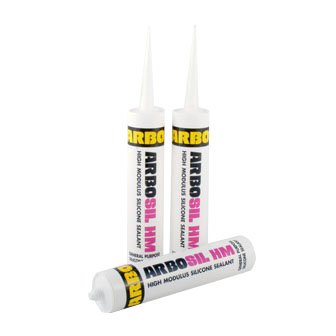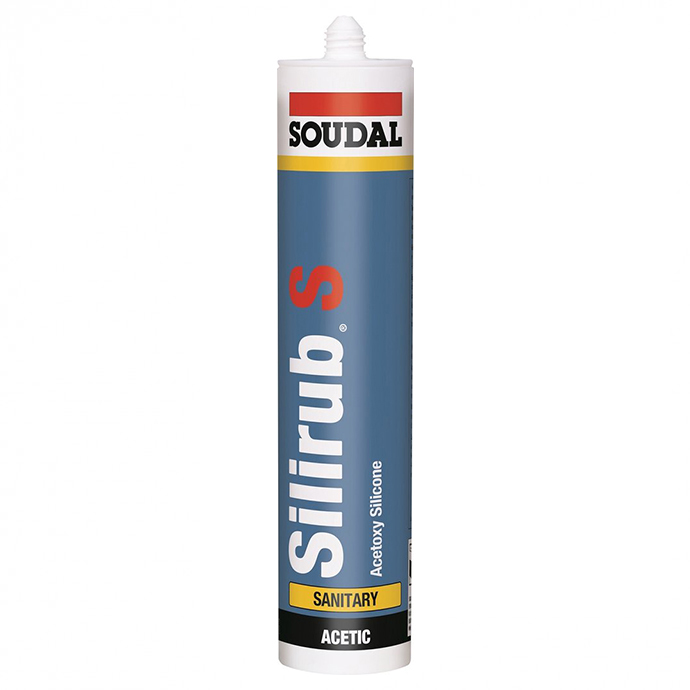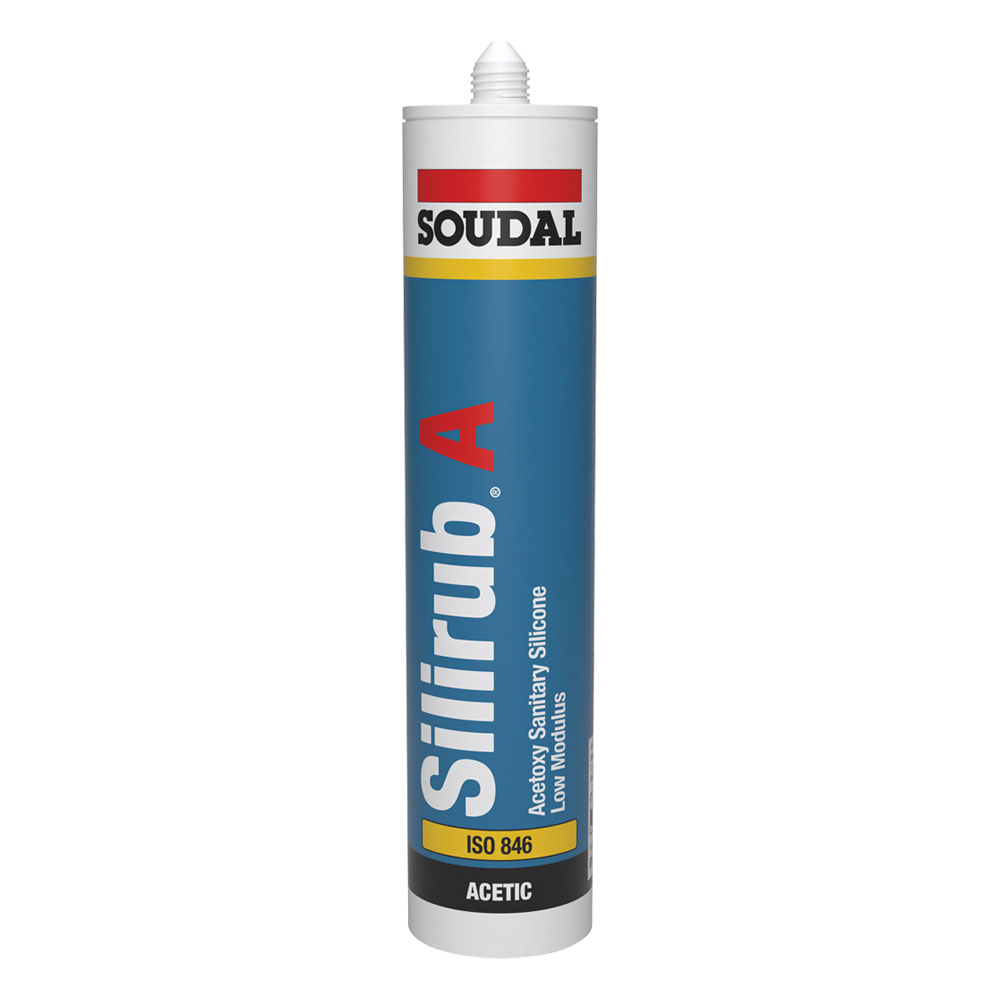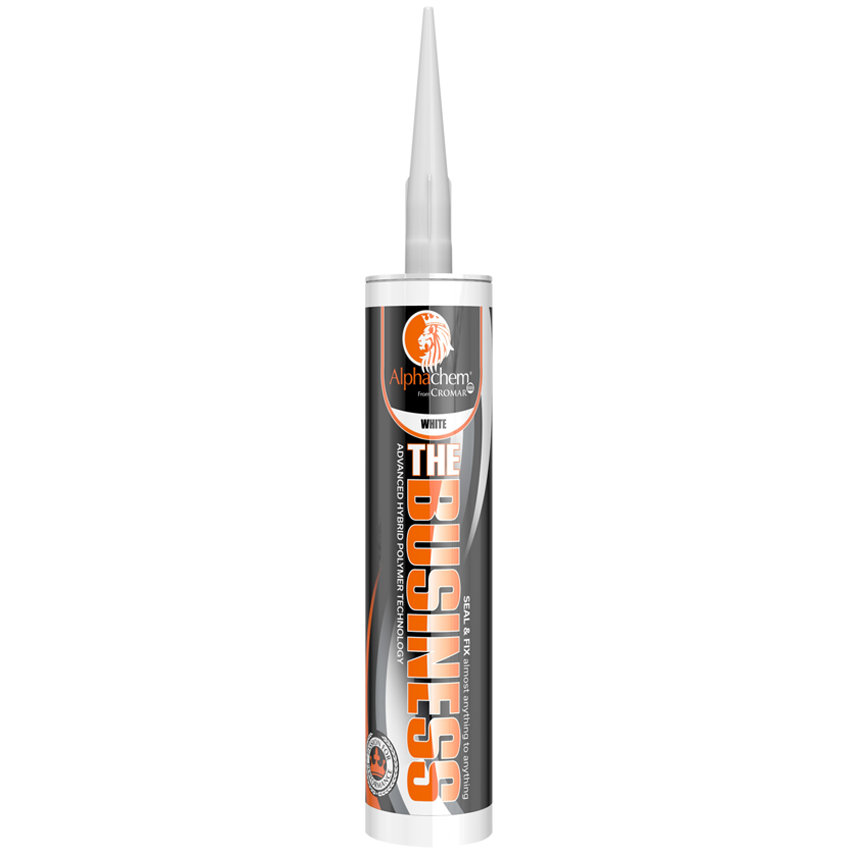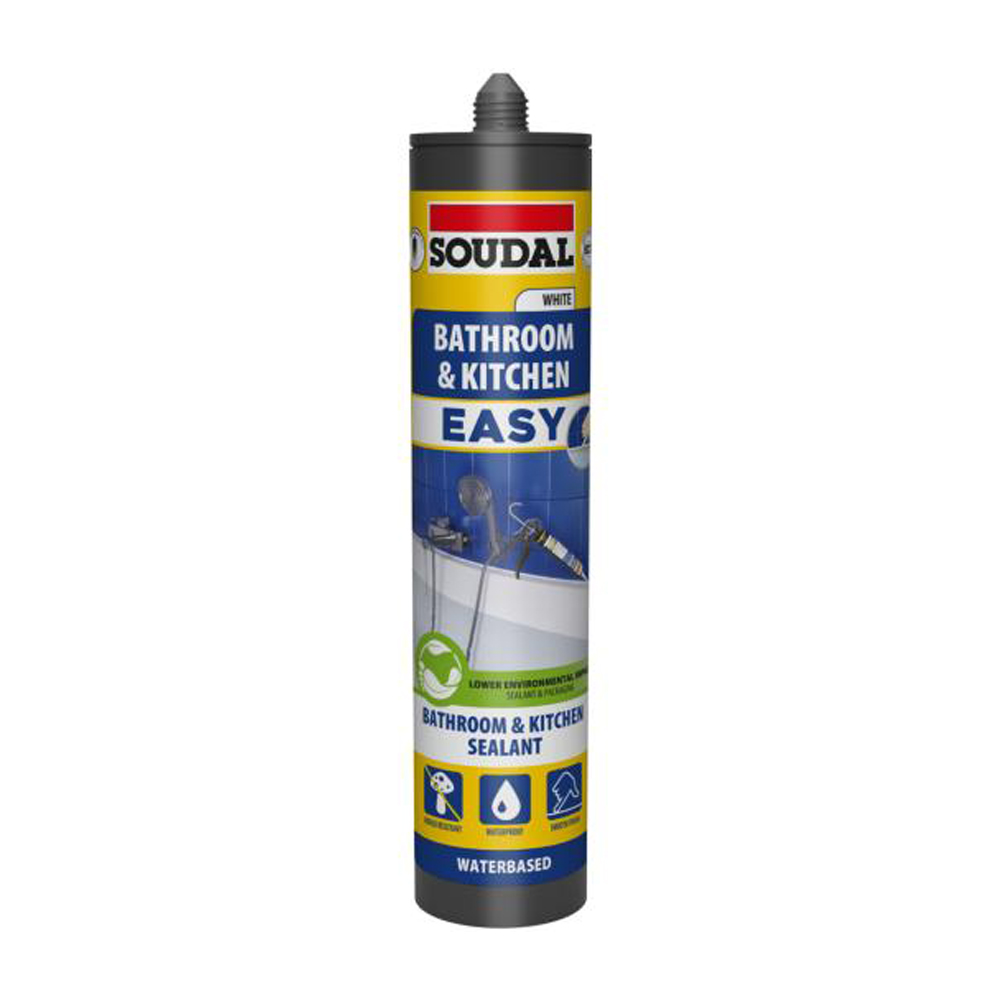Best Bathroom Sealants
Best Bathroom Sealant: An In-Depth Guide
Selecting an appropriate sealant for your bathroom is a critical decision in safeguarding it against water damage. This guide explores the best bathroom sealants available in the UK market. We discuss the significance of a high-quality sealant and share some of our top picks for bathroom and shower sealants.
The Significance of Choosing the Right Bathroom Sealant
Safeguarding Your Bathroom from Water Damage
Water incursion can lead to considerable deterioration in your bathroom’s structural integrity. A proficient sealant serves as a barrier, impeding water from infiltrating cracks and crevices, thereby preserving the overall condition of your bathroom.
Endurance and Robustness
Investing in a premium bathroom sealant ensures prolonged serviceability. Sealants endowed with superior durability exhibit resilience against daily wear and tear.
Varieties of Bathroom Sealants
Silicone Sealants
Distinguished for their pliability and moisture resistance, silicone sealants are especially suitable for areas characterised by elevated humidity levels, such as showers and washbasins.
Acrylic Sealants
Acrylic sealants are esteemed for their paintability, rendering them versatile for both interior and exterior applications. However, their resistance to water may not be as pronounced as that of silicone alternatives.
Hybrid Sealants
Combining the desirable traits of both silicone and acrylic sealants, hybrids offer flexibility akin to silicone and the paintability akin to acrylic. They are a favoured choice for a wide array of applications.

Looking to order in bulk?
Call for bulk discounts on bathroom sealants
01708 525 866
-
£7.90 ex. VATSelect options This product has multiple variants. The options may be chosen on the product page
-
£4.90 ex. VATSelect options This product has multiple variants. The options may be chosen on the product page
Choosing the Right Bathroom Sealant for Your Needs
Consider the Location
Different areas of your bathroom may require different types of sealants. For instance, a silicone sealant may be best for sealing around your bathtub, while an acrylic sealant could work well for baseboards.
Evaluate Flexibility and Durability
Depending on the movement in the area, flexibility becomes a critical factor. Similarly, high-traffic areas may require a sealant with exceptional durability.
Sealant Supplies: Your Go-To Source for Bathroom Sealants
Sealant Supplies has established itself as a trusted name in the industry, known for providing top-quality sealants. With a wide range of options catering to various needs, they are your one-stop destination for all things sealant-related.
How to Buy the Best Bathroom Sealants
Purchasing from Sealant Supplies is a breeze. Their user-friendly website allows you to browse through their extensive collection and make a selection that best suits your requirements.
Conclusion
Choosing the right bathroom sealant is a crucial step in maintaining the longevity and functionality of your bathroom. Sealant Supplies stands out as a reliable provider of high-quality sealants, ensuring that your bathroom remains in top condition for years to come.
FAQs
1. How often should I reapply bathroom sealant?
It is recommended to reapply bathroom sealant every 1-2 years, depending on the type of sealant and the level of wear and tear.
2. Can I paint over silicone sealant?
While it is possible to paint over silicone sealant, it’s important to use a paintable silicone sealant and follow proper preparation and painting techniques.
3. Is acrylic sealant suitable for wet areas?
Acrylic sealant is less water-resistant compared to silicone, so it may not be the best choice for areas with constant exposure to moisture.
4. Can I use hybrid sealant for both indoor and outdoor applications?
Yes, hybrid sealants are versatile and can be used for both interior and exterior applications.
5. Are there any special precautions I should take when applying bathroom sealant?
When applying bathroom sealant, it’s essential to ensure the surface is clean, dry, and free of any debris. Additionally, consider using appropriate personal protective equipment, such as gloves and eye protection, to safeguard against potential irritants. Always follow the manufacturer’s instructions for best results.
-
£6.69 ex. VATSelect options This product has multiple variants. The options may be chosen on the product page
-
-
£2.59 ex. VATSelect options This product has multiple variants. The options may be chosen on the product page
-
£2.34 ex. VATSelect options This product has multiple variants. The options may be chosen on the product page
-
£2.70 - £3.08 ex. VATSelect options This product has multiple variants. The options may be chosen on the product page
-
£3.36 - £8.36 ex. VATSelect options This product has multiple variants. The options may be chosen on the product page


